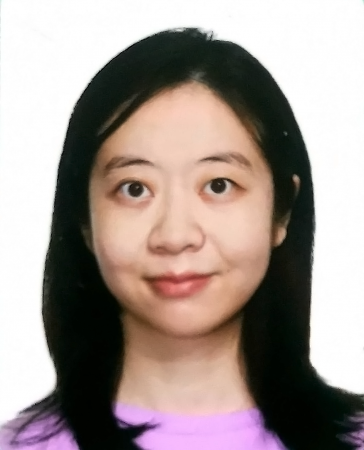
MSR Thesis Talk: Yuyao Shi
Title: A Learning Approach to Understand How Spinal Cord Learns Multiple Behaviors
Abstract:
The spinal cord plays a crucial role in the control of human locomotion, generating motor patterns and coordinating reflex responses to sensory signals. Although this spinal control is traditionally viewed as a simple relay system, more recent neurophysiological evidence points to a remarkable functional plasticity of the spinal circuitry, indicating that it can, to some extent, learn the control of locomotion. In line with this observation, a recent computational model of human hopping demonstrated how spinal control learning may be achieved by a transfer of control from the brain to the spinal cord through heterosynaptic modulation of spinal interneurons. However, this model did not account for the multiple behaviors that the spinal cord commonly has to accommodate and lacked an explicit mechanism by which the human nervous system could decide when to engage or disengage this control transfer between the brain and cord. To overcome these drawbacks, we here extend this model by incorporating physiologically plausible spinal controller and responsibility circuit networks that enable the automatic selection and learning of multiple behaviors. Equipped with these adaptive networks, we demonstrate that the spinal control of the model can simultaneously learn competing behaviors such as the generation of human hopping motions and the recovery from infrequent and random push disturbances while automatically deciding when to rely on spinal control or re-engage control supervision by the brain. In addition, we find that the learned spinal networks contain muscle reflexes well-known from physiological experiments. Thus, our results not only suggest specific neural mechanisms for the spinal plasticity observed in neurophysiological experiments but also may help to elucidate how multiple behaviors are controlled at the spinal cord level.
The spinal cord plays a crucial role in the control of human locomotion, generating motor patterns and coordinating reflex responses to sensory signals. Although this spinal control is traditionally viewed as a simple relay system, more recent neurophysiological evidence points to a remarkable functional plasticity of the spinal circuitry, indicating that it can, to some extent, learn the control of locomotion. In line with this observation, a recent computational model of human hopping demonstrated how spinal control learning may be achieved by a transfer of control from the brain to the spinal cord through heterosynaptic modulation of spinal interneurons. However, this model did not account for the multiple behaviors that the spinal cord commonly has to accommodate and lacked an explicit mechanism by which the human nervous system could decide when to engage or disengage this control transfer between the brain and cord. To overcome these drawbacks, we here extend this model by incorporating physiologically plausible spinal controller and responsibility circuit networks that enable the automatic selection and learning of multiple behaviors. Equipped with these adaptive networks, we demonstrate that the spinal control of the model can simultaneously learn competing behaviors such as the generation of human hopping motions and the recovery from infrequent and random push disturbances while automatically deciding when to rely on spinal control or re-engage control supervision by the brain. In addition, we find that the learned spinal networks contain muscle reflexes well-known from physiological experiments. Thus, our results not only suggest specific neural mechanisms for the spinal plasticity observed in neurophysiological experiments but also may help to elucidate how multiple behaviors are controlled at the spinal cord level.
Committee:
Prof. Hartmut Geyer (advisor)
Prof. Nancy Pollard
Omar El Sayed
